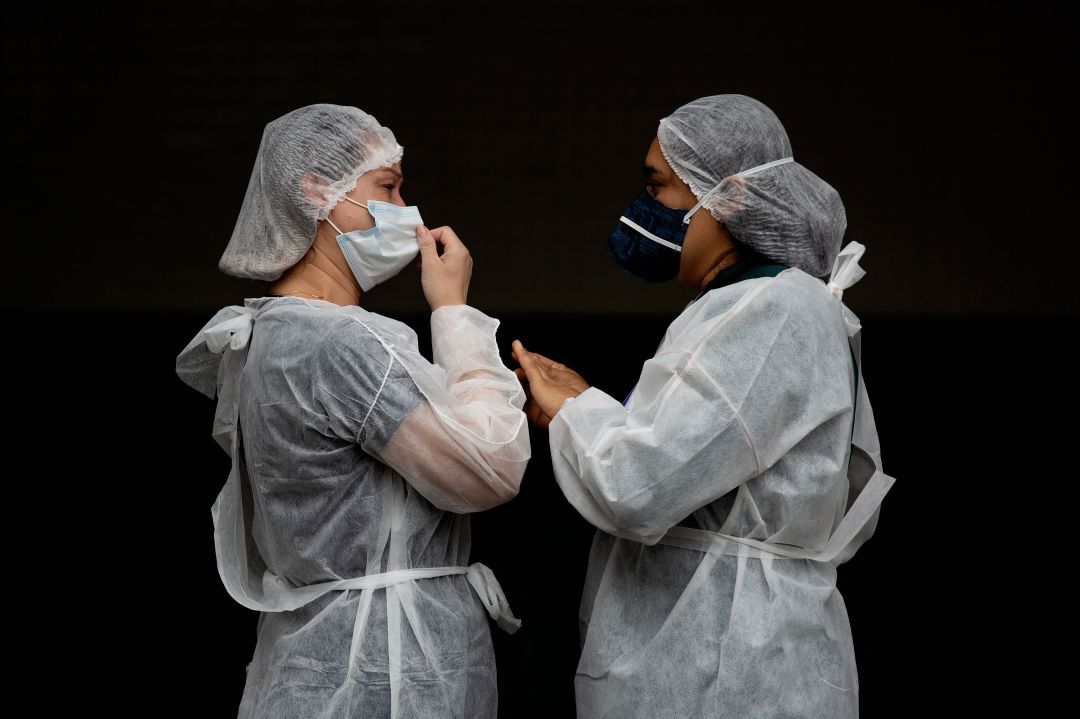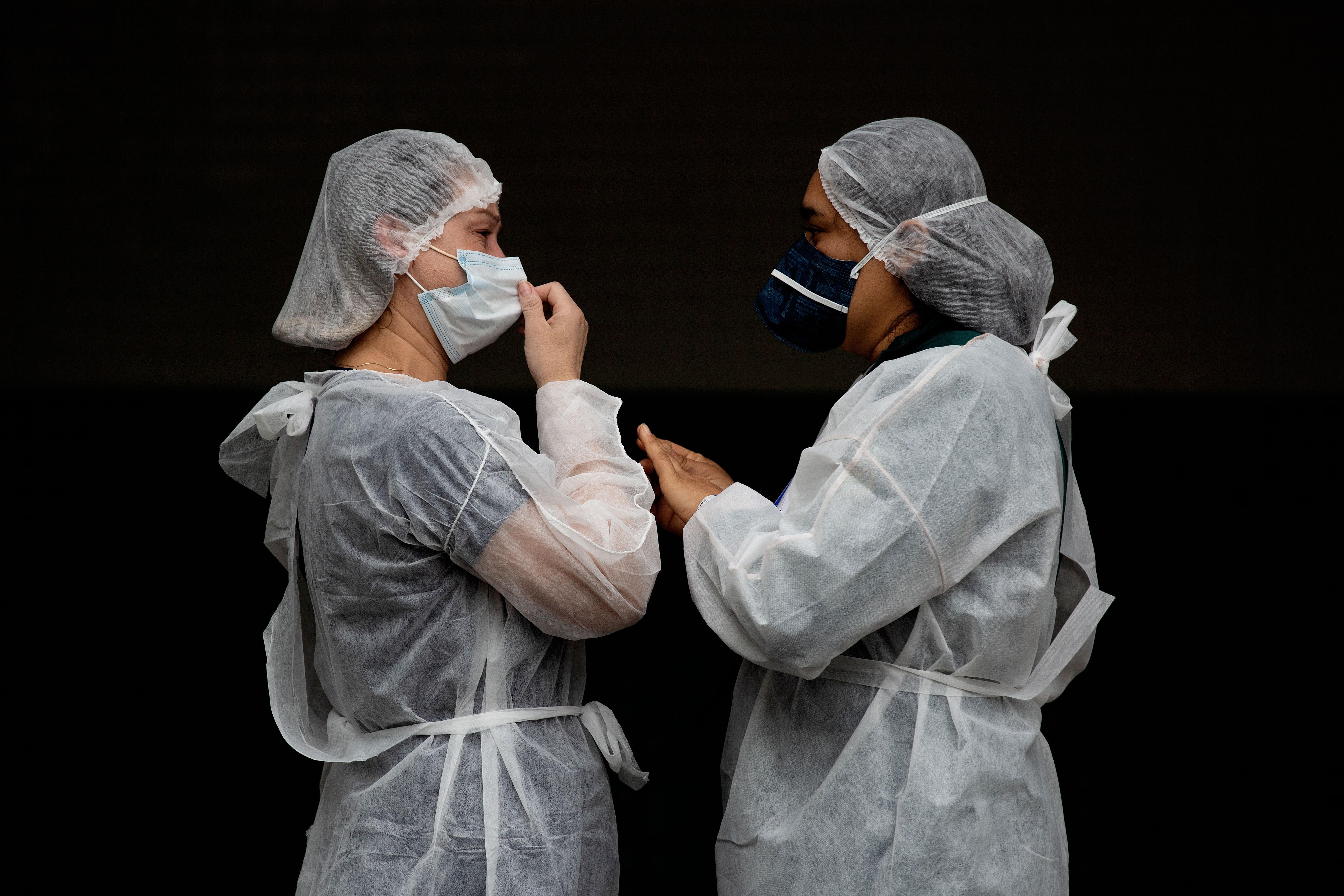How worried should we be about the news that P1, one of the two Brazilian variants of Sars-CoV-2, has been found in six people who travelled from Brazil to Britain before the hotel quarantine rules came into force, and that one of these people has yet to be traced? Variant P1 is of concern not just because laboratory study has revealed changes to the spike protein, which might make it theoretically more transmissible, but because of real-world data from Manaus, the Amazonian city to which its origins have been traced.
It was first detected in Japan on 6 January among a family which had travelled from the city. A subsequent study by the University of Sao Paulo and Imperial College found that 13 out of 31 samples of Sars-CoV-2 found in Manaus between 15 and 23 December were found to be of the other Brazillian variant P6. Analysis of 26 samples taken between March and November revealed not one case of the new variant, suggesting that it emerged in the city late last year.
How come a city could be so affected when it had theoretically already achieved herd immunity?
Manaus had already had a severe first wave of Covid-19 which had led some scientists to wonder whether the city had achieved herd immunity.

Get Britain's best politics newsletters
Register to get The Spectator's insight and opinion straight to your inbox. You can then read two free articles each week.
Already a subscriber? Log in








Comments
Join the debate for just £1 a month
Be part of the conversation with other Spectator readers by getting your first three months for £3.
UNLOCK ACCESS Just £1 a monthAlready a subscriber? Log in